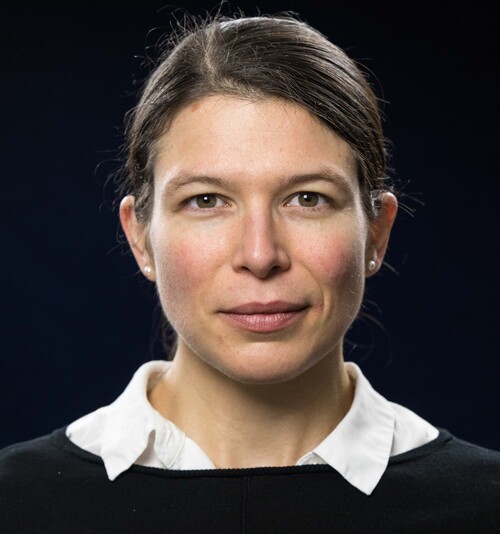Wendy Salkin

In a September 2017 interview, writer Ta-Nehisi Coates expressed his concern about being viewed as a spokesperson for black Americans: “Obviously I write…and I want my thoughts considered, I want my writing considered. But I didn’t ask for a crown.” For Coates, the “crown” is his role as interpreter of the black experience in America. In a January 2018 interview, Coates re-examined his concern with the role: “But what I really realized…is that you do need interpreters…. That’s a valuable role because there are people who will never live in the world that you’re living in.”
According to Wendy Salkin, a PhD candidate in philosophy, Coates’s reluctance exemplifies the central tension that arises for informal political representatives. The informal representative, in Salkin’s view, is an individual or group that comes to speak or act for a group though they are neither elected nor selected by means of a formal, corporately organized procedure. “There are benefits to this practice,” says Salkin. “It allows for bridging between marginalized communities and spaces of power.” At the same time, she adds, the practice of informally representing a heterogeneous group may be viewed by some as impermissible or even impossible. “We need an account of informal political representation that balances the need for the practice with the concern as to whether and how people can do it well,” she says.
“Informal political representation is a ubiquitous feature of our everyday lives, but it remains undertheorized in political philosophy,” says Salkin. In her research, Salkin develops a novel account of the ethics of informal political representation. She argues that informal representatives emerge into their positions by way of audience uptake (that is, by being taken up by an audience to speak or act for a represented group) and further argues that emerging into this position brings with it moral responsibilities to the represented group.
For Salkin, one of the best things about working on this topic is that everyone has familiarity with the phenomenon. “My work is made easier because everyone around me has their own personal relationships to and strong intuitions about this phenomenon,” she says. “The project has, over time, developed into an ongoing conversation between me and enthusiastic interlocutors from all parts of my life.”

